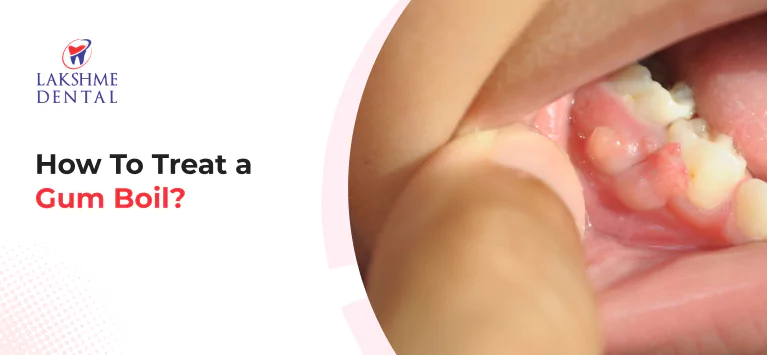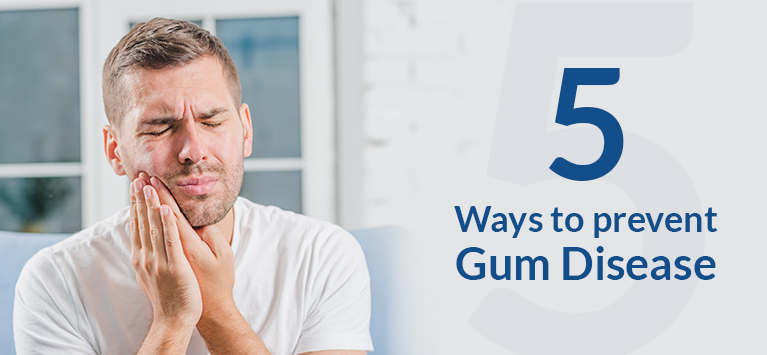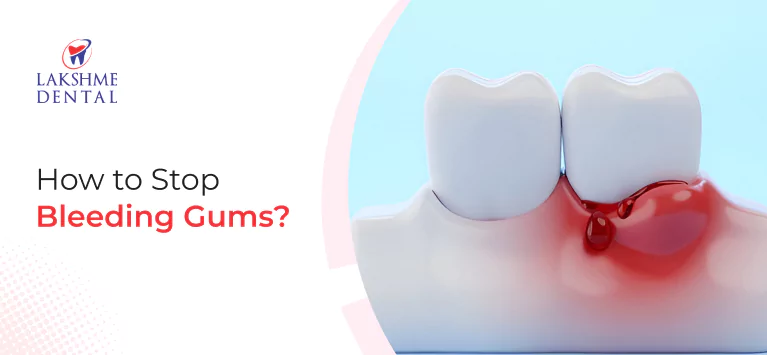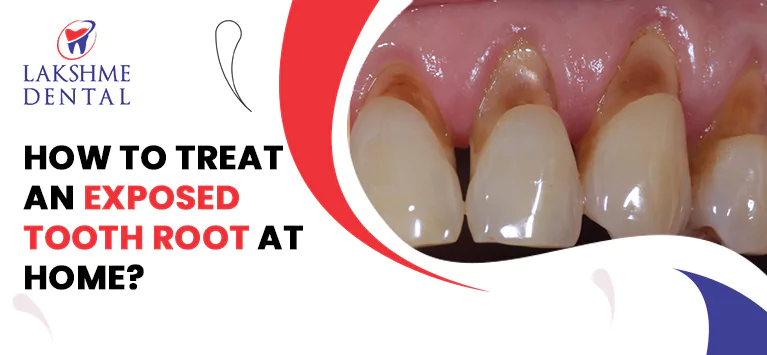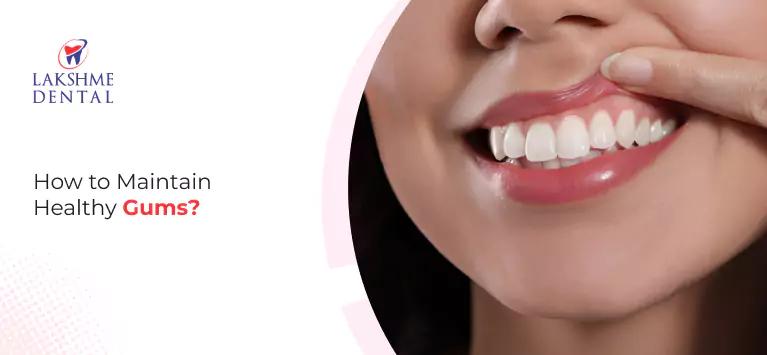
How to Maintain Healthy Gums?
Gum health is crucial for maintaining overall oral hygiene and preventing serious dental issues. Healthy gums support strong teeth and protect against gum diseases like gingivitis and periodontitis. In this guide, you’ll learn how to keep gums healthy, how to maintain healthy gums, and how to make your gums stronger using simple yet effective techniques.
Why Does Gum Health Matters?
Gums provide essential support to your teeth, and neglecting them can lead to infections, tooth loss, and even systemic health issues like heart disease. Understanding how to have healthy gums ensures a confident smile and better oral hygiene. Poor gum health is linked to conditions such as diabetes, respiratory infections, and even Alzheimer’s disease. Prioritizing gum care can contribute to your overall well-being beyond just oral hygiene.
1. Brush Your Teeth Properly
Brushing your teeth is the foundation of good gum health. Here’s how to do it correctly:
- Use a soft-bristled toothbrush to protect your gums.
- Brush for at least two minutes, twice daily.
- Clean along the gumline using gentle, circular motions.
- Replace your toothbrush every three to four months.
- Opt for a fluoride toothpaste to help strengthen enamel and prevent decay.
In addition to regular brushing, consider using an electric toothbrush. Studies show that electric toothbrushes are more effective at removing plaque compared to manual brushing. Their oscillating and rotating movements reach deeper areas, helping to reduce the risk of gum disease.
2. Floss Daily to Remove Plaque
Flossing clears food particles and plaque from between your teeth, helping to prevent gum inflammation. Follow these tips:
- Use dental floss at least once a day.
- Gently slide the floss between teeth without snapping it onto the gums.
- Gently curve the floss around each tooth to clean beneath the gumline.
- Consider using a water flosser if traditional flossing is challenging for you.
If you wear braces or have difficulty using regular floss, interdental brushes are an excellent alternative. They fit between teeth and remove plaque effectively without causing gum irritation.
3. Use an Antibacterial Mouthwash
A good mouthwash can help eliminate bacteria that brushing and flossing miss. Look for:
- Alcohol-free mouthwashes that don’t cause dryness.
- Products containing chlorhexidine or essential oils to reduce gum disease.
- Rinsing at least once a day after brushing.
Using mouthwash regularly can also help fight bad breath, which is often caused by bacteria buildup in the mouth. Swishing mouthwash for at least 30 seconds ensures that it reaches every part of your mouth, further protecting your gums.
4. Maintain a Healthy Diet for Stronger Gums
Your diet greatly impacts your gum health. To keep your gums healthy:
- Eat foods rich in vitamin C (oranges, strawberries, bell peppers) to strengthen gum tissues.
- Consume calcium-rich foods (milk, cheese, leafy greens) for strong teeth and gums.
- Limit sugary foods and drinks to reduce plaque buildup.
- Increase your intake of omega-3 fatty acids (salmon, walnuts, flaxseeds) to reduce inflammation.
- Green tea contains antioxidants that can help lower the risk of gum disease.
- Chewing sugar-free gum can also stimulate saliva production, which neutralizes acids and washes away bacteria, helping to protect both your teeth and gums.
5. Stay Hydrated for Optimal Oral Health
Drinking plenty of water helps rinse away bacteria and food particles. It also promotes saliva production, which naturally protects against cavities and gum disease. Dehydration can lead to dry mouth, increasing the risk of gum infections and bad breath. Try to drink at least eight glasses of water daily.
6. Quit Smoking for Better Gum Health
Smoking weakens the immune system, reducing the body’s ability to fight gum infections.
If you smoke:
- Seek professional help to quit.
- Use nicotine replacement therapy if necessary.
- Avoid secondhand smoke, which can also contribute to gum disease.
Studies show that smokers are twice as likely to develop gum disease compared to non-smokers. Quitting smoking not only benefits your gums but also improves your overall health, reducing your risk of heart disease and lung conditions.
7. Visit Your Dentist Regularly
Professional dental cleanings remove tartar buildup and detect early signs of gum disease. Schedule:
- A dental checkup every six months.
- A deep cleaning if recommended by your dentist.
- An immediate visit if you experience bleeding gums or persistent bad breath.
During your dental visit, ask your dentist about periodontal screenings. These evaluations help detect gum disease early before it progresses into severe periodontitis, which can lead to tooth loss.
8. Massage Your Gums for Better Circulation
Massaging your gums can improve blood circulation and keep them strong. You can:
- Use your fingers to gently rub the gums in a circular motion.
- Try a rubber-tipped gum stimulator for added benefits.
- Massage for at least one minute daily to enhance gum health.
Gum massaging techniques, such as oil pulling with coconut or sesame oil, may also help reduce inflammation and bacterial buildup in the mouth.
9. Avoid Teeth Grinding and Clenching
Bruxism (teeth grinding) puts pressure on the gums and teeth, leading to receding gums and sensitivity. To prevent this:
- Use a mouthguard while sleeping if you grind your teeth.
- Manage stress through relaxation techniques like meditation.
- Consult your dentist for treatment options.
If you suffer from jaw pain or frequent headaches, these could be signs of grinding. Addressing this issue early can prevent long-term damage to your gums and teeth.
10. Recognize the Signs of Gum Disease
Early detection of gum disease can prevent severe problems. Watch out for:
- Red, swollen, or bleeding gums.
- Persistent bad breath.
- Receding gumlines.
- Loose teeth.
If you notice these symptoms, seek dental treatment immediately.
Gum disease can progress in stages, from mild gingivitis to severe periodontitis. If left untreated, it can cause irreversible damage to the bone structure supporting your teeth. Addressing dental issues early is essential for maintaining oral health.
Conclusion
Maintaining healthy gums is essential for overall oral health. By following these tips on how to keep gums healthy, how to maintain healthy gums, and how to make gums strong, you can prevent gum disease and enjoy a bright, confident smile. Make daily oral care a priority and visit your dentist regularly for the best results. Healthy gums lead to a healthier life, so start implementing these strategies today!

